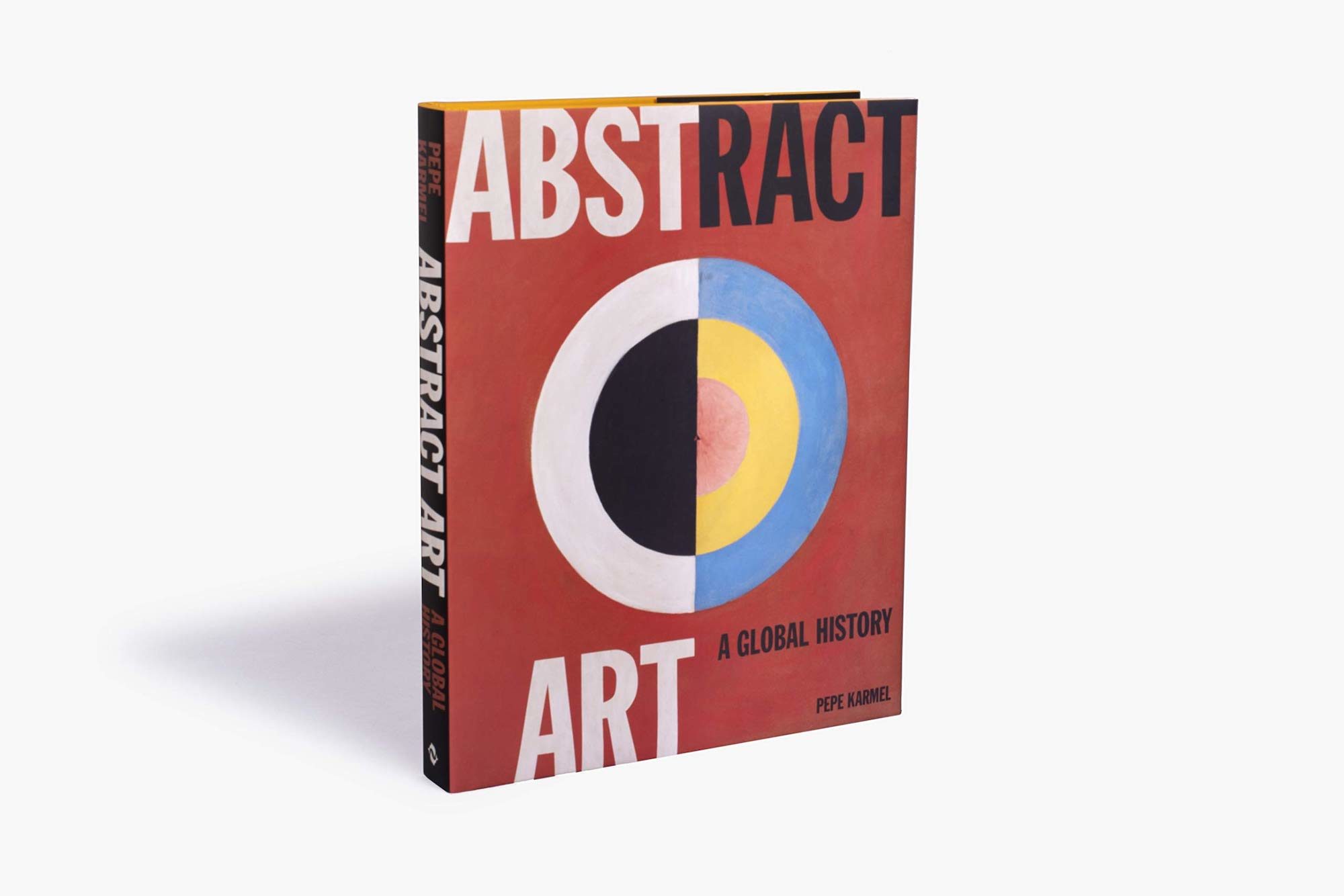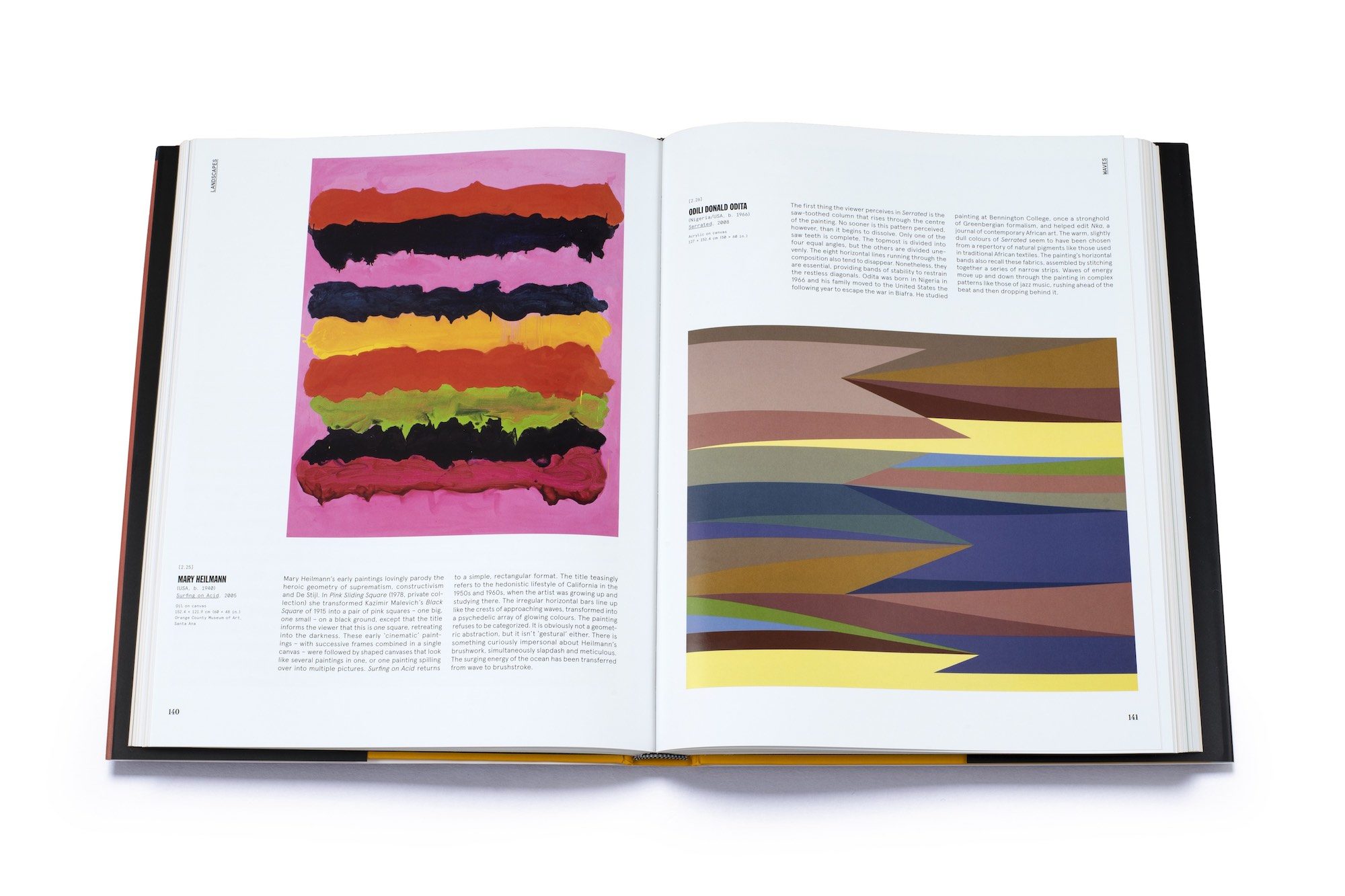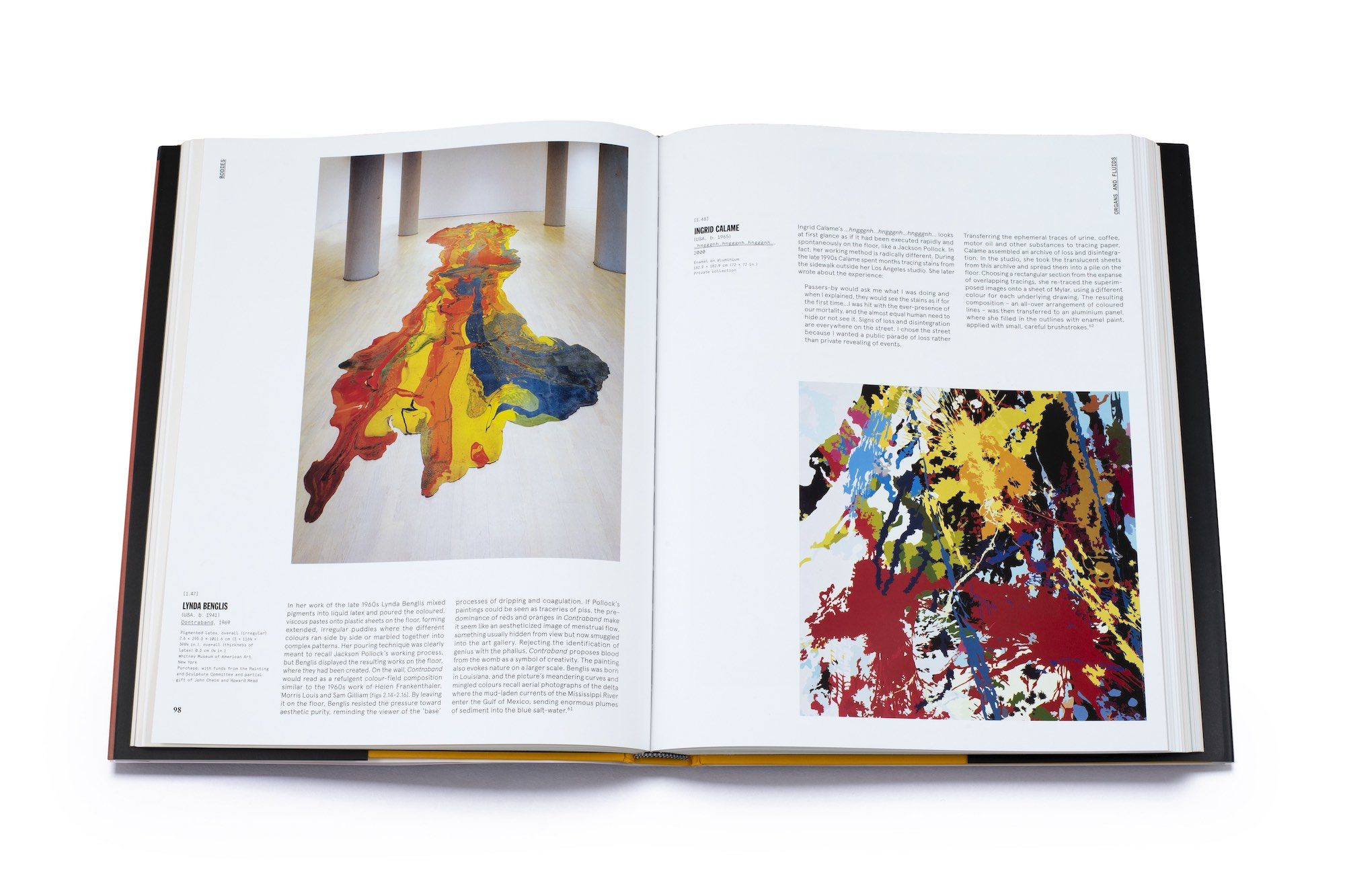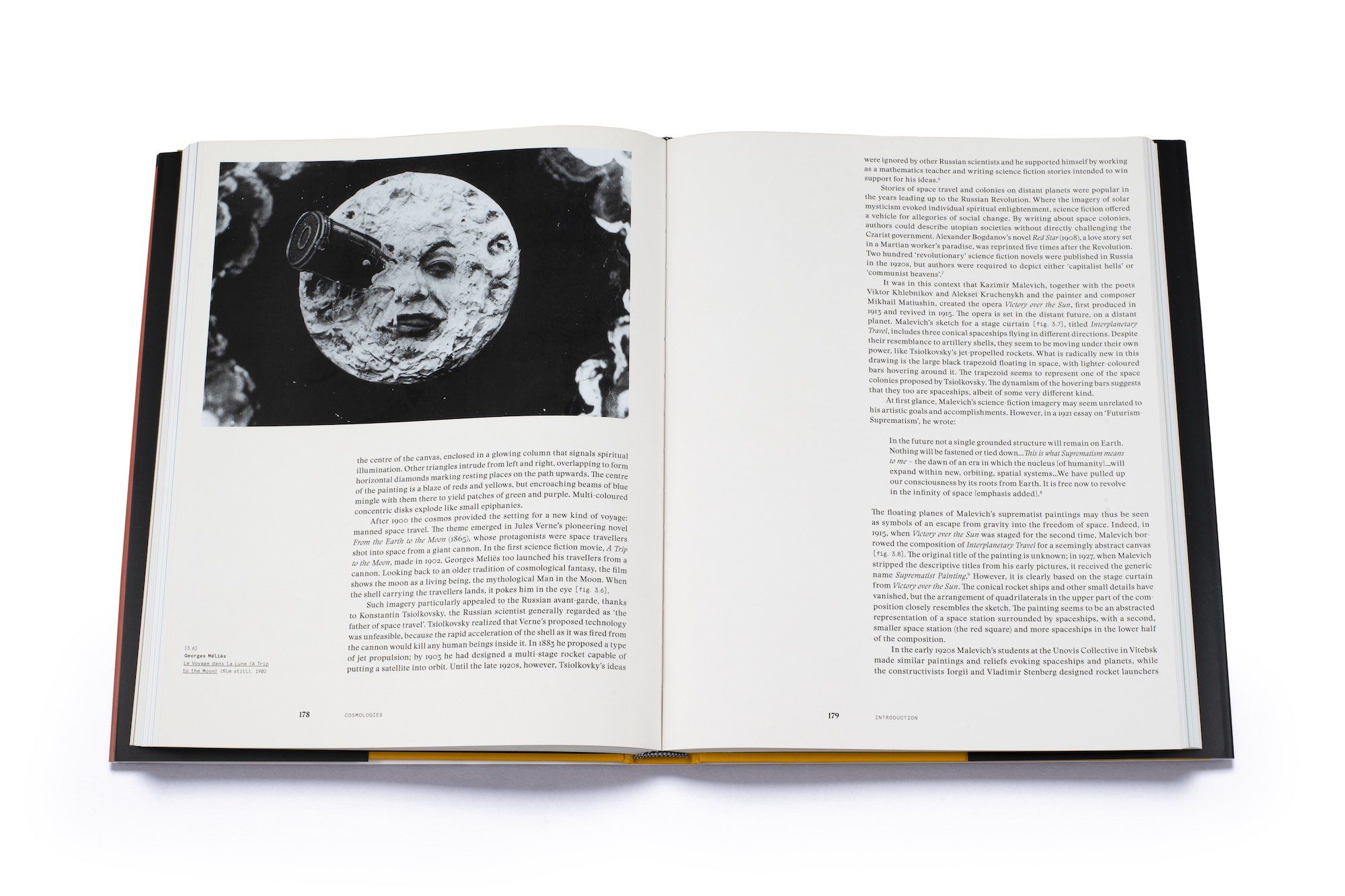In his new book, Abstract Art: A Global History, Joseph Low (“Pepe”) Karmel, professor of art history at New York University, rethinks long-established narratives about the field. Karmel’s take on abstract art isn’t traditional—he insists that there’s no such thing as pure form as “all abstract art is rooted in the experience of the real world,” wherever and whenever art was made.
Considering women and the BIPOC community, often excluded from discourse, he outlines five major subject matters—architectures, bodies, cosmologies, landscapes, and signs—from 1915 to 2015, each spanning more than 100 years. Arriving this month, the publication aims to “demonstrate different ways of looking at abstraction and to encourage readers to respond to a wider range of abstract art.”




